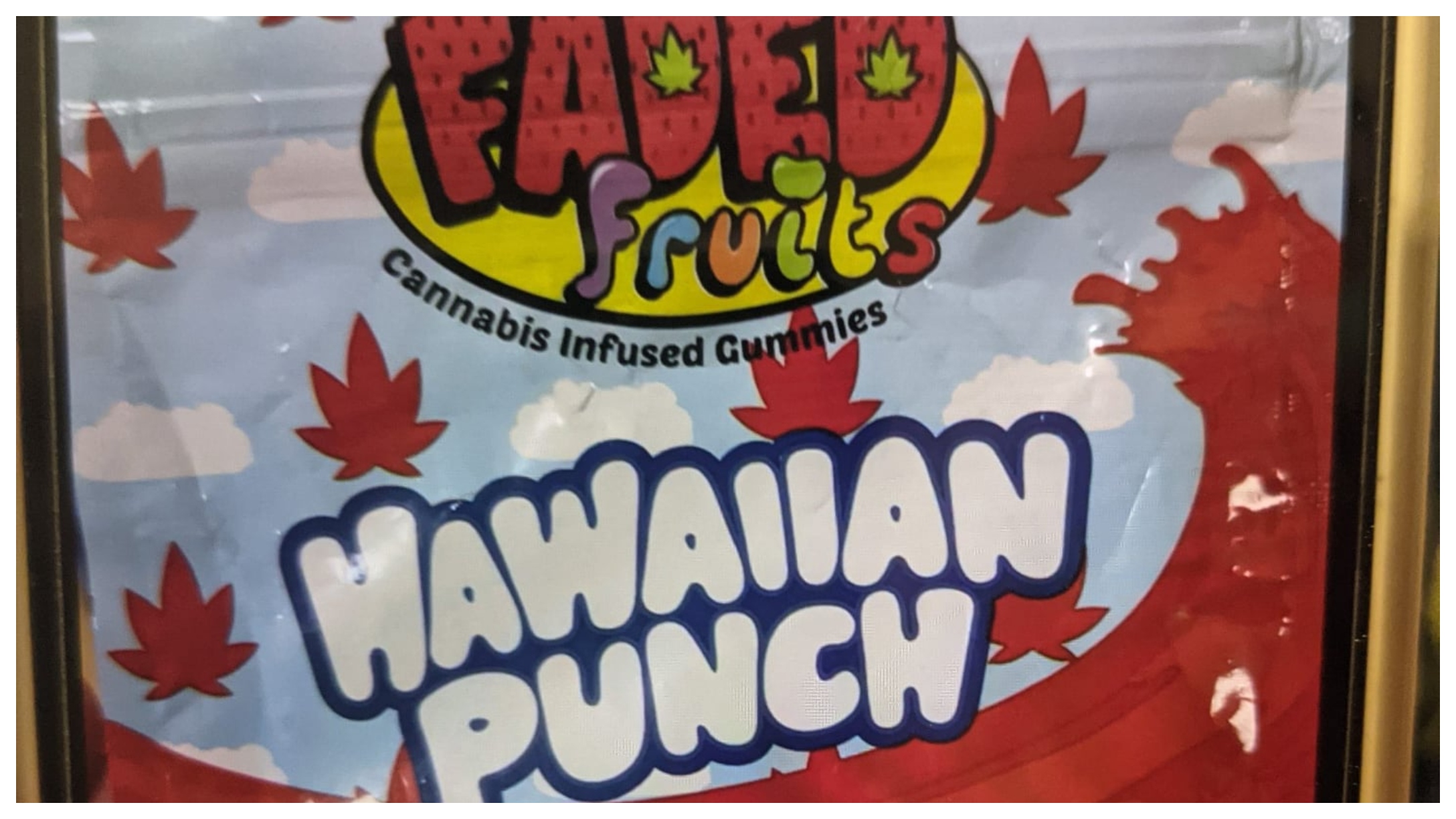
Florida mom Morgan McCoy is voicing her concerns over the packaging some THC companies use for their edible products after her daughter, 6, ate a THC gummy. The little girl thought the drug was candy, given that the packaging, as well as the gummy itself, look pretty similar. As a result, the child ended up completely unresponsive. She spent a scary night in the hospital.
The incident happened when Morgan and her family were at a gathering of about 30 people, swimming and hanging out. The THC gummies were kept in the same room the little girl was using to change out of her swimming clothes.
At first, Morgan thought her little girl was taking a nap, which was surprising. Then she realized she couldn't wake her up. A friend realized that one of the gummies had gone missing. When Morgan picked up her daughter, something even scarier happened. She started seizing.
The little girl spent a scary night in the hospital. “We just stayed the night in the hospital watching her breaths go into single digits and her heart rate go through the roof,” she told Today. “I just thank God that there was only one in there.”
The entire incident had to be completely terrifying for the child's parents. Now Morgan is hoping it's a wake-up call to THC companies who, she says, should pay closer attention to their packaging.
Morgan wrote a lengthy post on Facebook where she shared what happened to her daughter. She called for THC companies to pay attention to their packaging. She wrote, "Had the packaging been what it should be and not this bulls***, my daughter wouldn't have looked twice at it." That is certainly true, but in addition to changing the packaging to look less inviting to kids, parents who consume THC also need to exercise extra caution, too, especially because it is known that many marijuana companies take a playful approach with their advertising.
Marijuana can be used to treat symptoms of so many illnesses. It has tons of benefits, and the widespread legalization of medical marijuana is a wonderful thing that helps so many individuals. But it is still a drug with highly potent effects, and those who are consuming it, especially those who are consuming it around children, absolutely need to be tuned into that.
Marijuana has historically driven the criminalization of Black Americans, while white people have used the drug at similar rates, often without consequence. It's important that she's speaking out. But it's equally as important to consider how a Black parent may not feel they had the freedom to do so.
Also, Morgan clear in her post that the gummies were all purchased legally. Still, when a child consumes a large amount of THC (these gummies were 50 mg — that's a pretty huge dose even for a highly experienced THC user), they can seriously overdose. So it doesn't matter if they were purchased legally or not, as far as the health of the kid is concerned.
The fact that a lot of gummies do have such high potency, coupled with the fact that the packaging is often appealing to kids, is definitely frightening. And no matter how careful parents are, accidents do happen.
Morgan says the company that makes the product her daughter consumed was absolutely negligent in that regard. She's urging people to call their local legislatures to speak up on the issue. According to her post, she hasn't been able to make much headway when reaching out to the company directly.
Until the THC companies catch up, parents need to practice diligence when it comes to using THC gummies around their kids. And if you aren't ashamed of your THC use and are using it for medical purposes, it's OK to let kids know that it is a drug and it can harm them. While the companies who are creating this packaging certainly bear some responsibility, so do parents who are using drugs either for pain management, other health reasons, or just recreationally.
That's especially true because with more people using marijuana in this form more frequently, there has been a huge uptick in calls to poison control for kids accidentally eating weed gummies. In 2020, there were 5,083 calls about children under 12 exposed to marijuana. In 2021, there have already been 3,104.




